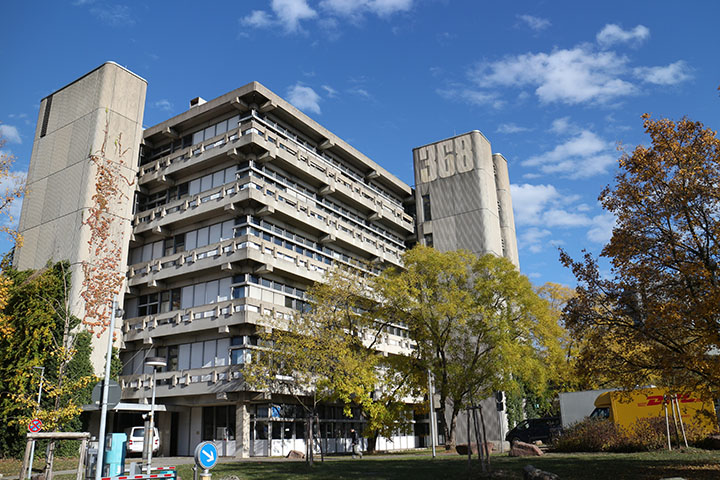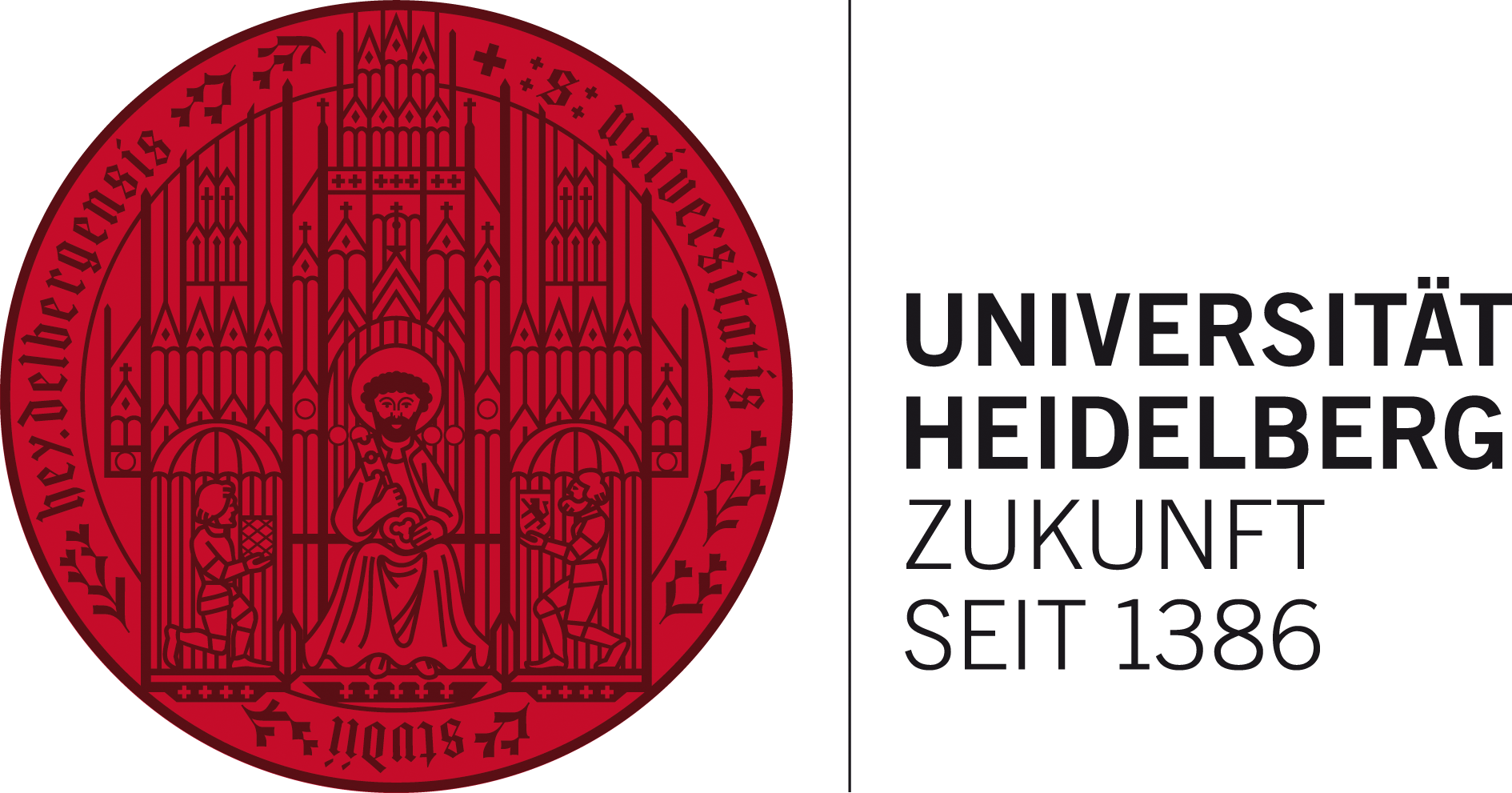Research on the intersection of Machine Learning, High-Performance Computing and Hardware
The Hardware and Artificial Intelligence (HAWAII) Lab (previously: Computing Systems Lab) at the Institute of Computer Engineering at Ruprecht-Karls University of Heidelberg is focussing on vertically integrated research (thus considering the complete computing system) that bridges demanding applications such as machine learning (ML), artificial intelligence (AI), high-performance computing (HPC) and data analytics (HPDA) with various forms of specialized computer hardware.

Today, research in computing systems is most concerned with specialized forms of computing in combination with seamless integration into existing systems. Specialized computing, for instance based on GPUs (as known for gaming) or FPGAs (field programmable gate arrays) or ASICs (not the shoe brand but “application-specific integrated circuits”), is motivated by diminishing returns from CMOS technology scaling and hard power constraints. Notably, for a given fixed power budget , energy efficiency defines performance:
As energy efficiency is usually improved by using specialized architectures (processor, memory, network), our research gears to bring future emerging technologies and architectures to demanding applications.
Particular research fields include
- Embedded Machine Learning includes bringing state-of-the-art DNNs to resource-constraint embedded devices, as well as embedding DNNs in the real-world, requiring a treatment of uncertainty
- Advanced hardware architecture and technology by understanding specialized forms such as GPU and FPGA accelerators, analog electrical and photonic processors, as well as resistive memory
To close the semantic gap in between demanding applications and various specializations of hardware, we are most concerned with creating abstractions, models, and associated tools that facilitate reasoning about various optimizations and decisions. Overall, this results in vertically integrated approaches to fast and efficient ML, HPC, and HPDA.
We gratefully acknowledge the generous sponsoring that we are receiving. Current and recent sponsors include DFG, Carl-Zeiss Stiftung, FWF, SAP, Helmholtz, BMBF, NVIDIA, and XILINX.
Please find on this website information about our team members, research projects, publications, teaching and tools. For administrative questions, please contact Andrea Seeger, and for research and teaching questions Holger Fröning.
We are happy to frequently organize workshops on topics of interest (see events under ressources) and advise undergraduate and graduate students (see student work on master theses and bachelor theses).
Latest news
Talk on “From Picojoules to Gigawatt-hours: Energy-to-Completion and GPU DVFS for LLM Workloads”
New article on “Butterfly factorization for vision transformers on multi-IPU systems” published in the Parallel Computing Journal! Read more here
New article on “GraphMatch: Subgraph Query Processing on Steroids” accepted for publication at SIGMOD2026! Read the preprint here
Older news can be found in the News Archive.
